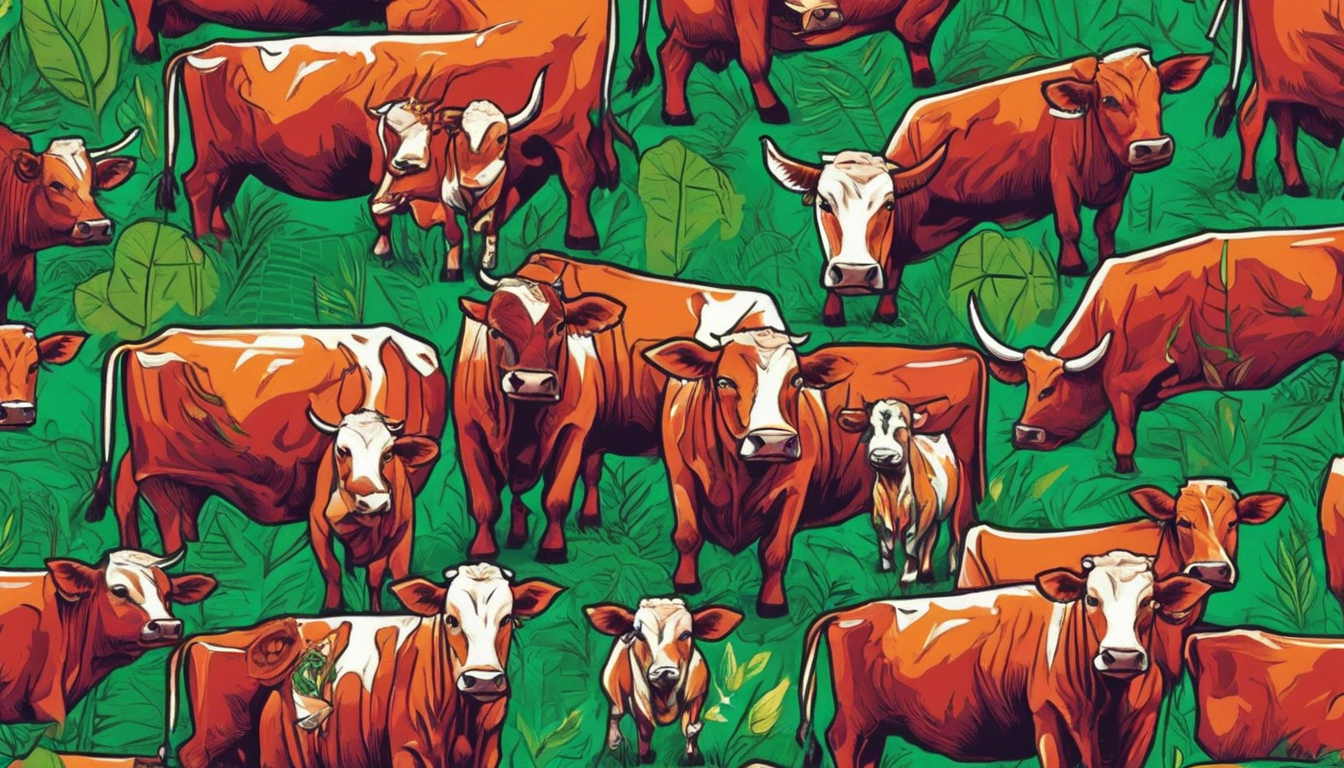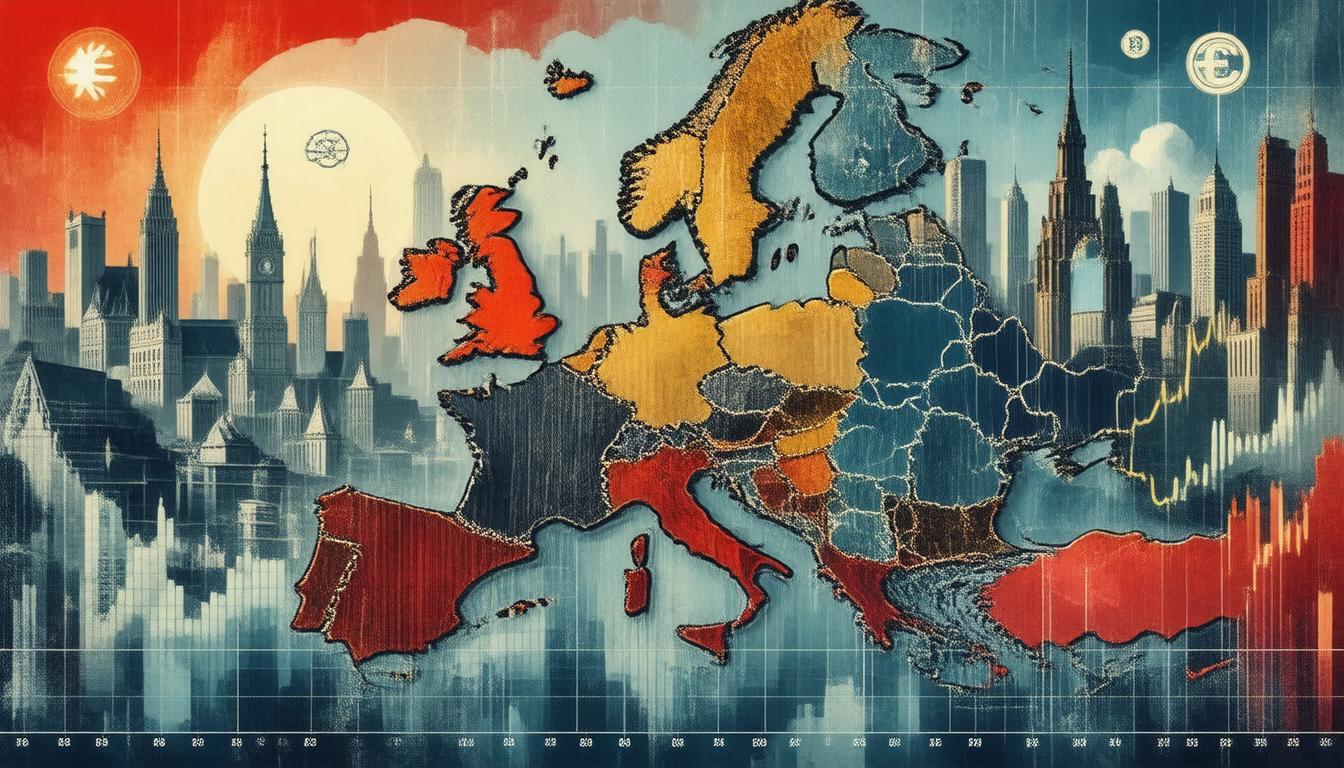In a significant enforcement action, Brazil’s environmental protection agency, IBAMA, has imposed fines totaling approximately $64 million on several cattle ranches and meatpacking companies, including the prominent JBS SA.
This crackdown is part of a broader initiative to address the alarming rates of deforestation in the Amazon rainforest, which are linked to the cattle industry and other agricultural practices.
With 69 identified properties involved in the sale of cattle sourced from illegally deforested land, the implications of these fines extend beyond financial repercussions, highlighting the urgent need for sustainable practices among major players in the meat supply chain.
As JBS and others face scrutiny over their operations, this article explores the intersection of cattle ranching and environmental integrity in one of the planet’s most crucial ecosystems.
Key Takeaways
- Brazil’s IBAMA has fined cattle ranches and meatpacking companies $64 million to combat illegal deforestation.
- JBS SA denies wrongdoing and claims compliance with regulations amid accusations of sourcing cattle from deforested lands.
- The enforcement action emphasizes the urgent need for sustainable agricultural practices in the Amazon rainforest.
The Impact of Cattle Ranching on Amazon Deforestation
Cattle ranching has emerged as a significant driver of deforestation in the Amazon rainforest, with substantial implications for environmental sustainability and climate change.
Recently, Brazil’s environmental protection agency, IBAMA, has taken decisive action against this issue by imposing fines on major players in the industry, including JBS SA, for their roles in supporting illegal land clearing practices.
The revelation that thousands of cattle were sourced from properties linked to deforestation underscores the urgent need for both rigorous enforcement of environmental laws and heightened accountability within the agricultural sector.
As consumers become more aware of the ethical and ecological dimensions of their food choices, it is crucial for both corporations and individuals to uphold commitments to sustainable sourcing and to support initiatives that combat the detrimental impacts of cattle ranching on vital ecosystems.
The ongoing commitment by companies to eradicate deforestation from their supply chains by 2025 is a positive step, yet the challenge remains to ensure that these promises translate into meaningful actions that protect the Amazon and promote responsible agricultural practices.
JBS’s Response and Commitment to Sustainability
In response to these significant challenges, JBS SA emphasizes its dedication to sustainability and environmental stewardship.
The company highlights the implementation of advanced geospatial monitoring technologies designed to track cattle sources rigorously, thereby ensuring compliance with both national environmental regulations and its internal sustainability goals.
JBS maintains that it is actively working to enhance its transparency and sourcing practices by collaborating with various stakeholders, including government agencies, non-governmental organizations, and industry peers.
This collaboration aims to foster a more sustainable supply chain that prioritizes environmentally responsible cattle sourcing.
As JBS strives to align its operations with ambitious sustainability goals, its commitment serves as a reminder to consumers that individual purchasing decisions can influence broader ecological practices and encourage corporate accountability within the agricultural sector.














